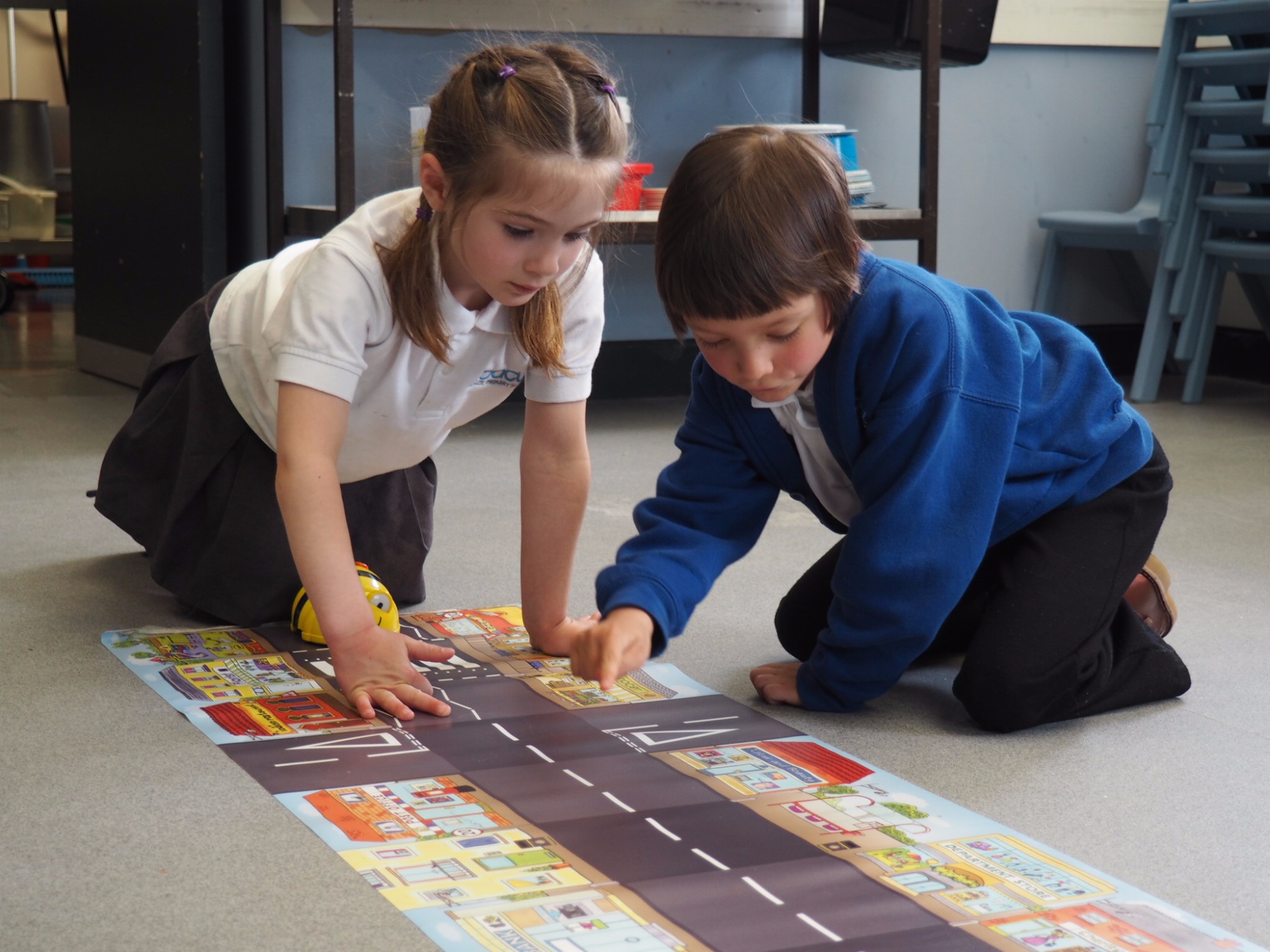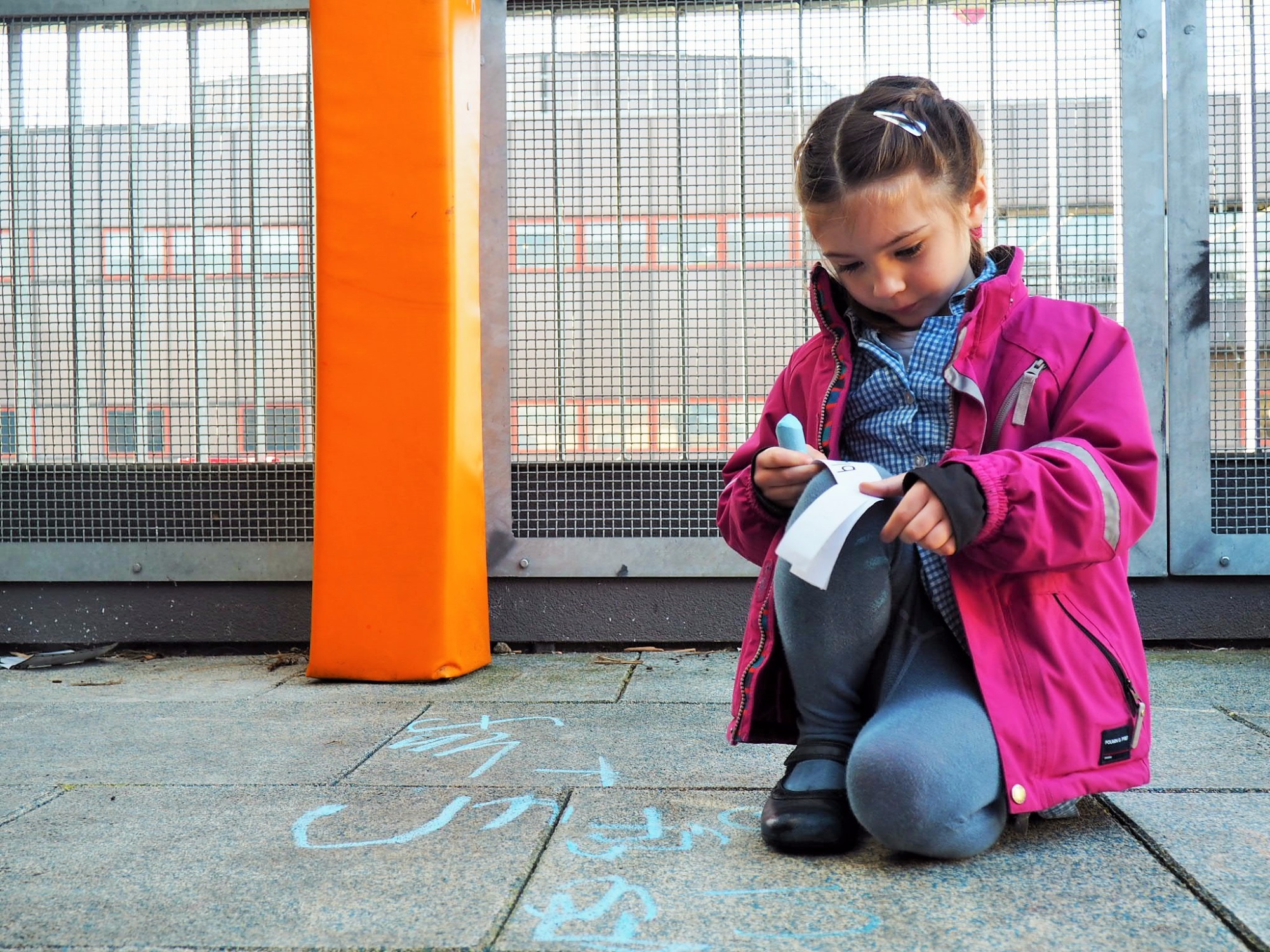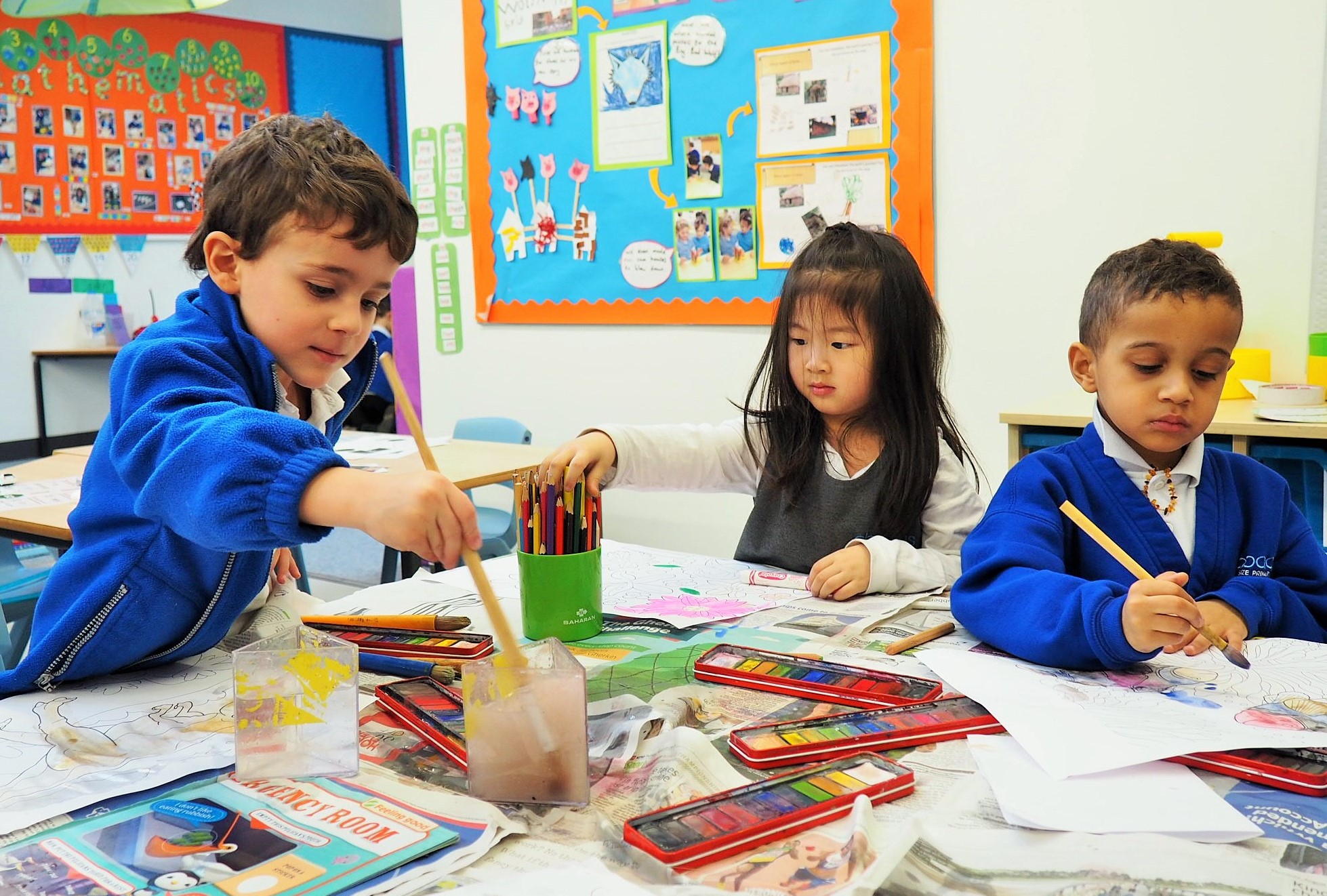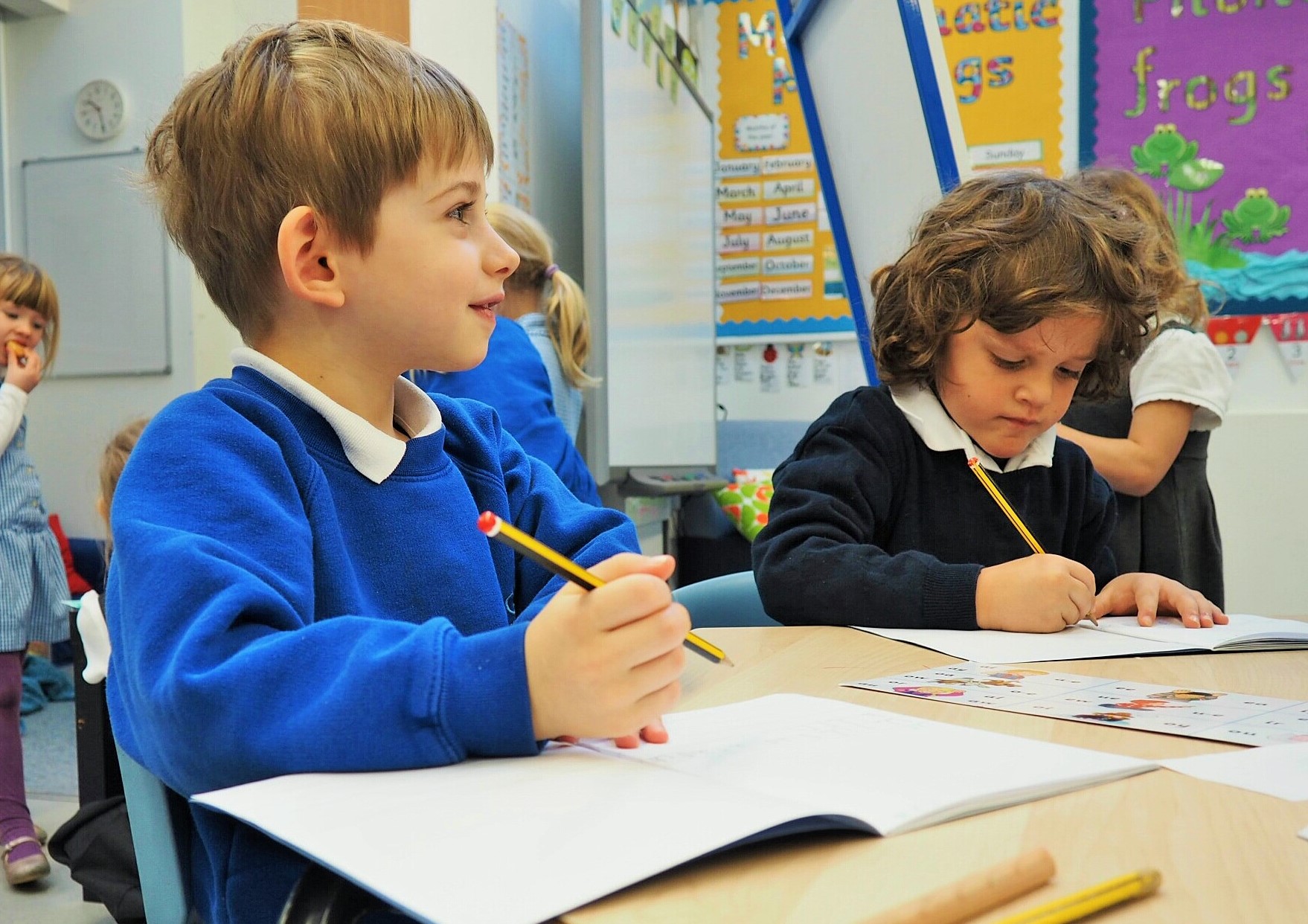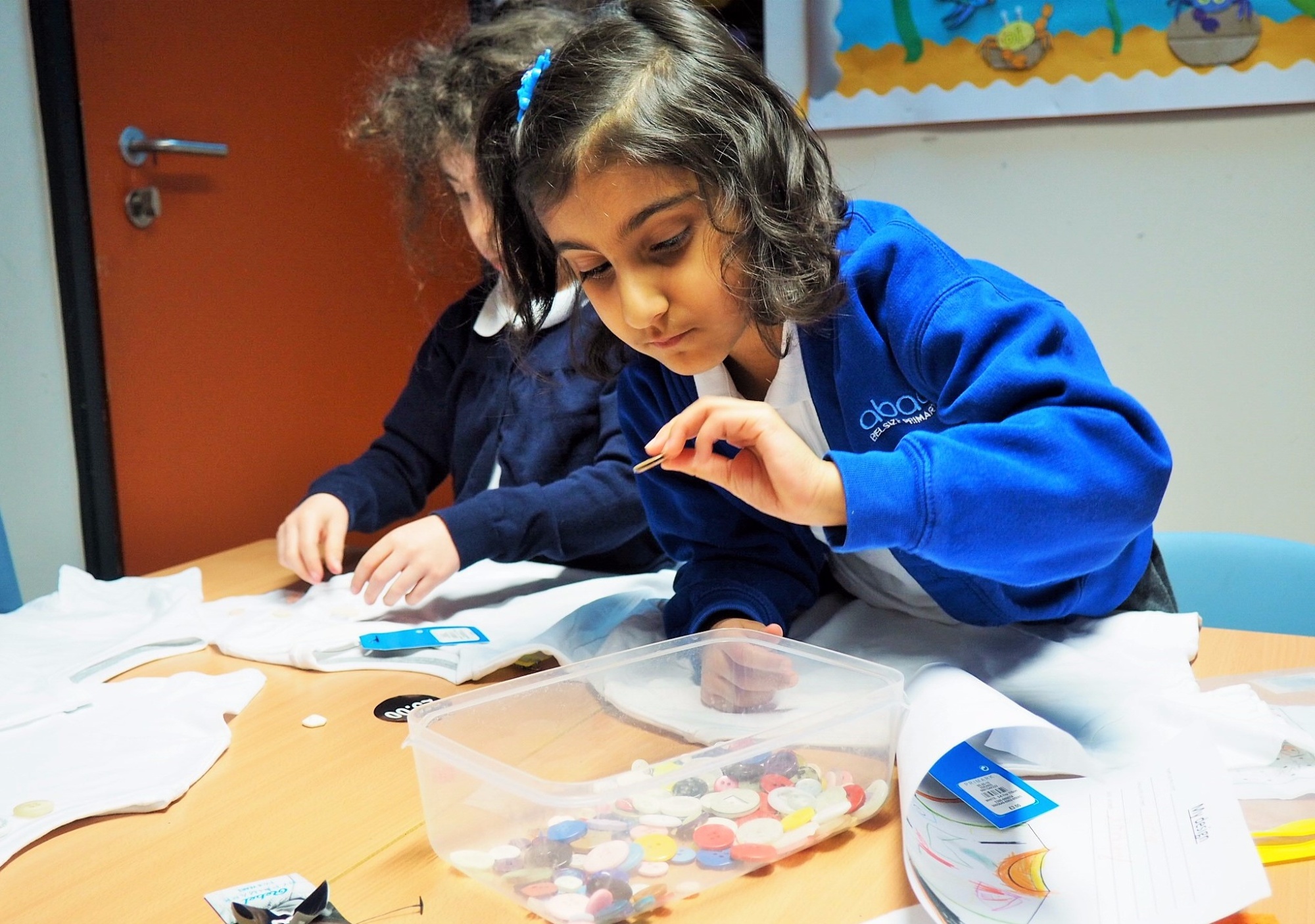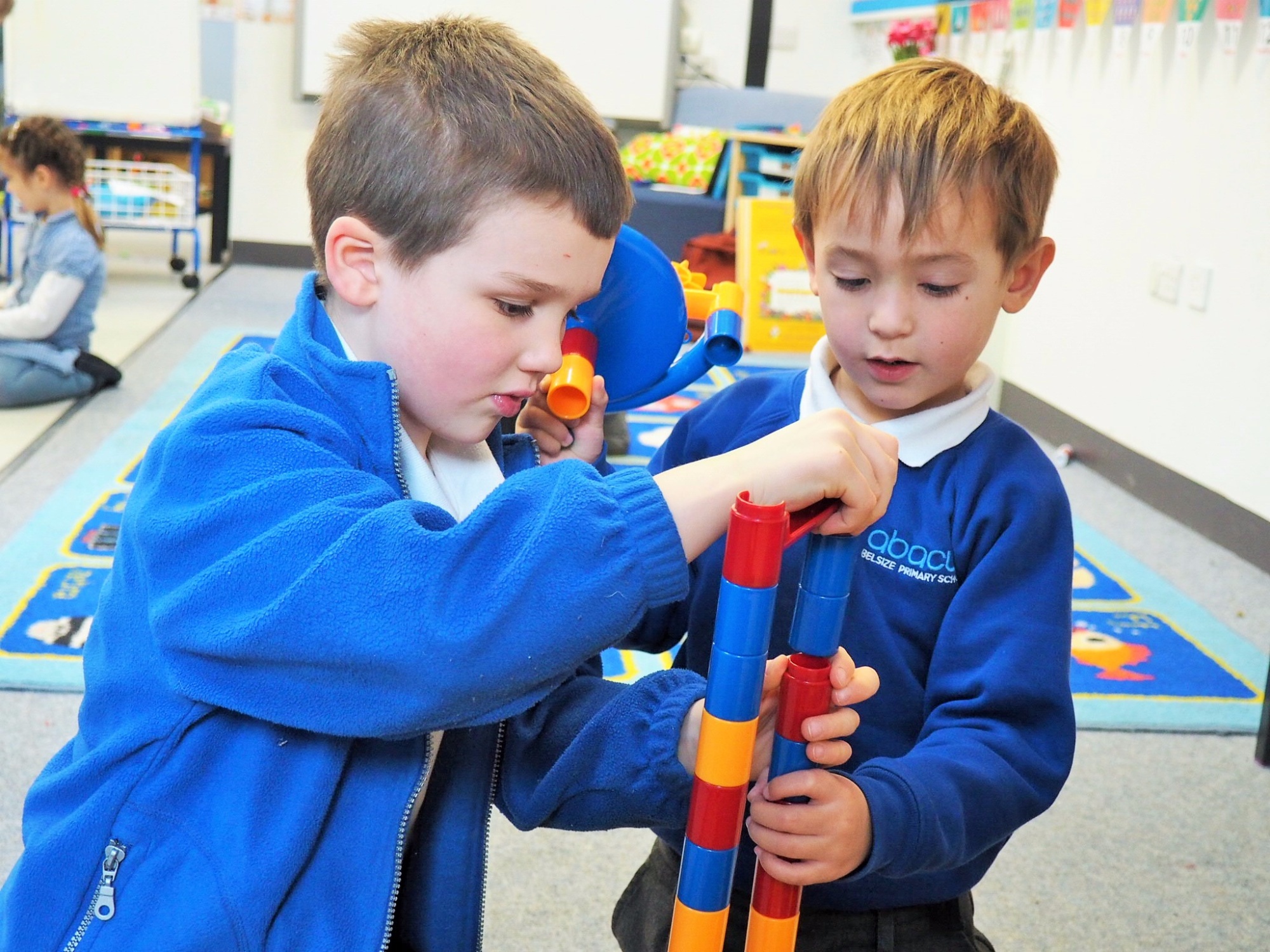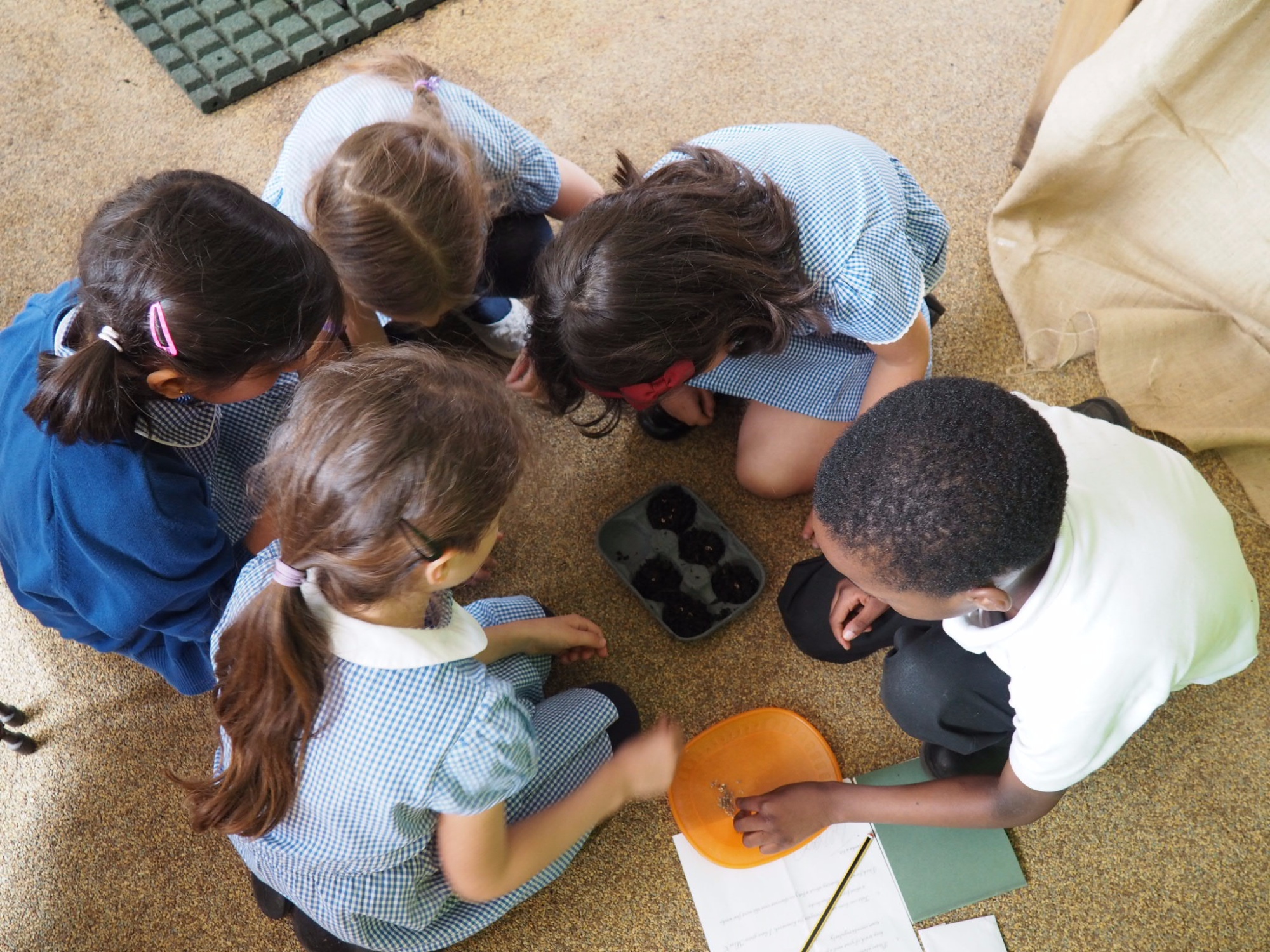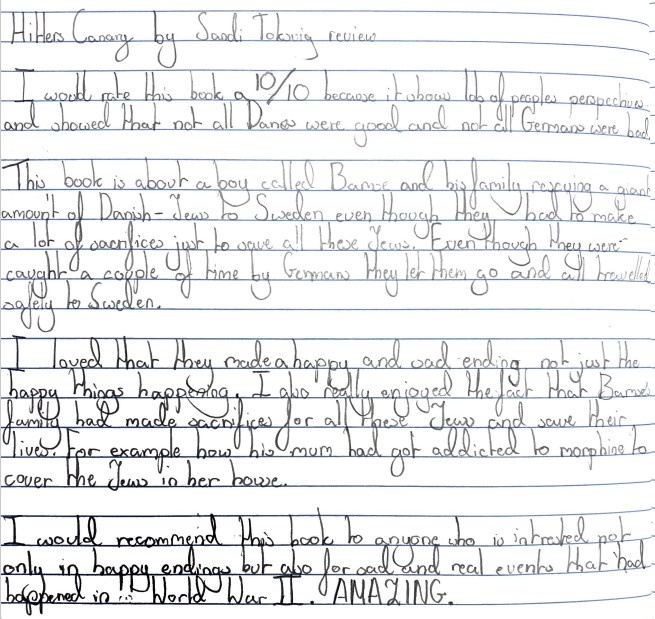Reading
Children at Abacus THRIVE because they are authors, poets, writers, reporters, composers, editors! They incorporate their ability to write fluently with imagination, vocabulary, writer's techniques and transcription to create stories and non-fiction pieces of writing. They use phonics knowledge and skills as a stepping-stone to read fluently and accurately, discuss books in depth and share a love of a rich and varied range of texts!
"Everything is fun when you can read! My favourite story is “The Naughty Bus”. - Year 1 pupil.
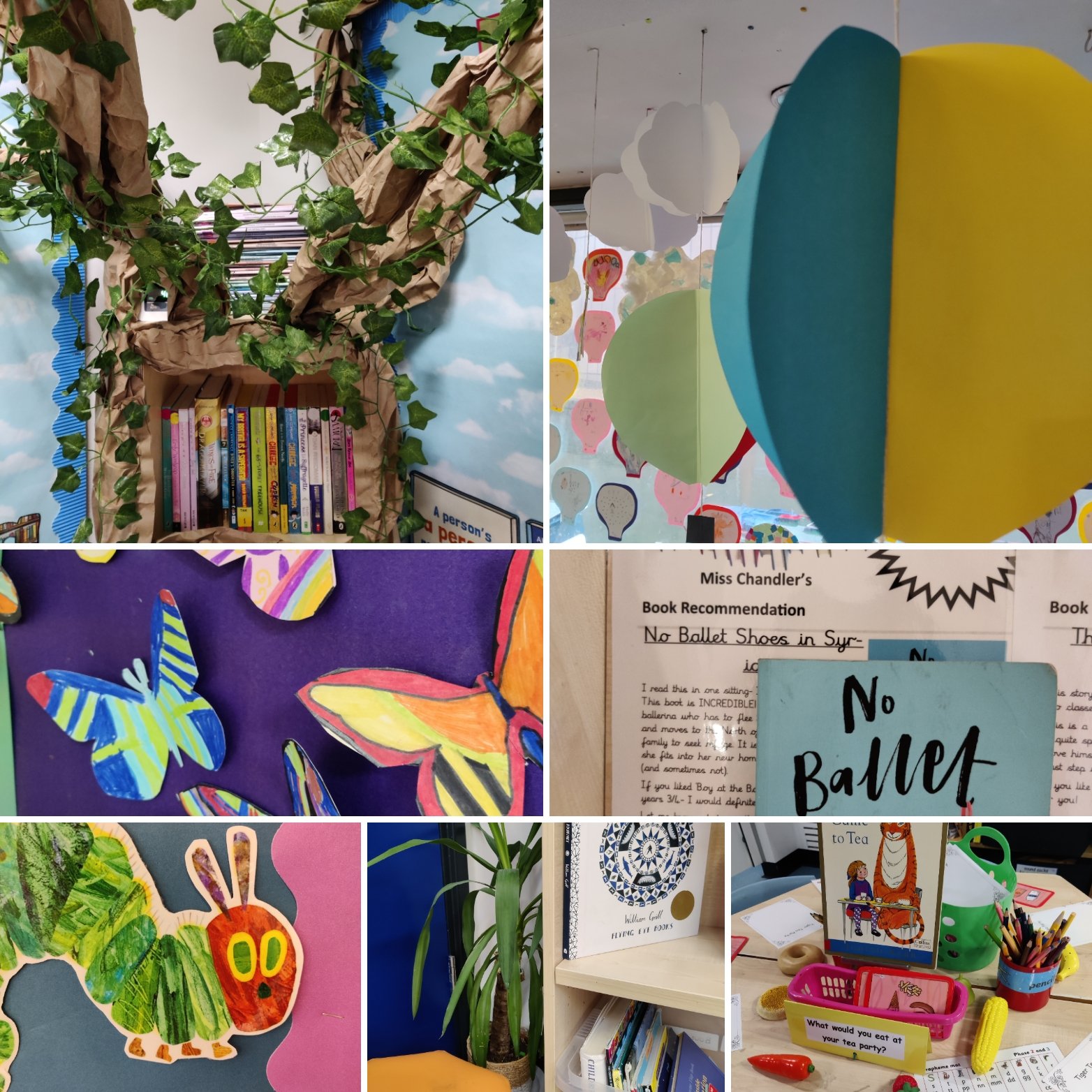
We LOVE reading at Abacus! Book reviews sent to the Author!
Intent
“Literature should jolt the senses, making us feel alive. In school, we only have time to read books that bite and sting… if the books that we read do not wake us with a blow to the head, what’s the point in reading? A book must be the axe, which smashes the frozen sea within us. Literature in the classroom should have that extra bite – to surprise, challenge, delight and create wonder as well as the inexplicable charm of rhythmic and memorable language. We should read, explore and perform…”
Pie Corbett
Reading and Writing at Abacus Belsize Primary School
Children at Abacus are authors, poets, writers, reporters, composers, editors! Reading and writing are a crucial part of our curriculum at Abacus and underpins all that we do. By the end of Year Six we intend our children to have developed a love of writing and to be able to express their thoughts and ideas clearly and creatively. We are dedicated to enabling our pupils to become lifelong readers and we believe reading is key for academic success.
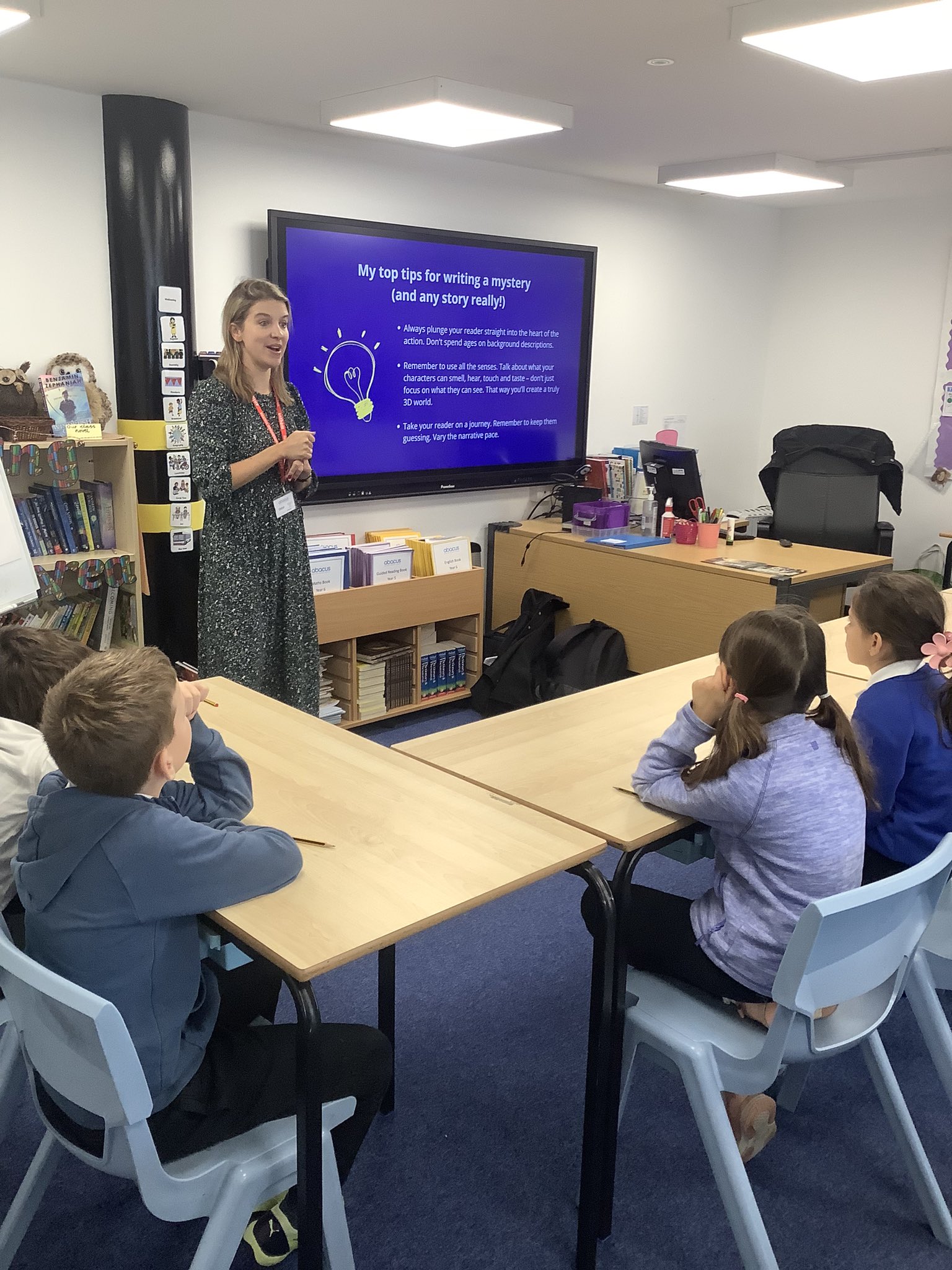
Pupils will make excellent progress from their own personal starting points. By the end of Year Six they will be able to write clearly and accurately and adapt their language and style in and for a range of contexts, purposes and audiences. Our pupils will acquire a wide vocabulary and have a strong command of the written word. Most importantly, they will develop a love of writing and be well-equipped for the rest of their education. Children will freely express themselves through writing in English and other curriculum areas and will look forward to extended writing sessions where their put their skills to work.
By the end of year 6, children at Abacus are competent readers who can recommend books to their peers, have a thirst for reading a range of genres and participate in discussions about books. Children will have the skills to evaluate an author’s use of language and the impact this can have on the reader and will use this in their writing. Children will read books to enhance their knowledge and understanding of all subjects on the curriculum and communicate their research to a wider audience. Children will have a deep love of reading and will look forward to tackling new books as they move to secondary school.
Implementation
Children take part in Guided Reading or whole class reading sessions every day. These are instructional teaching sessions and focus on fluency, prosody (reading with expression) and comprehension.
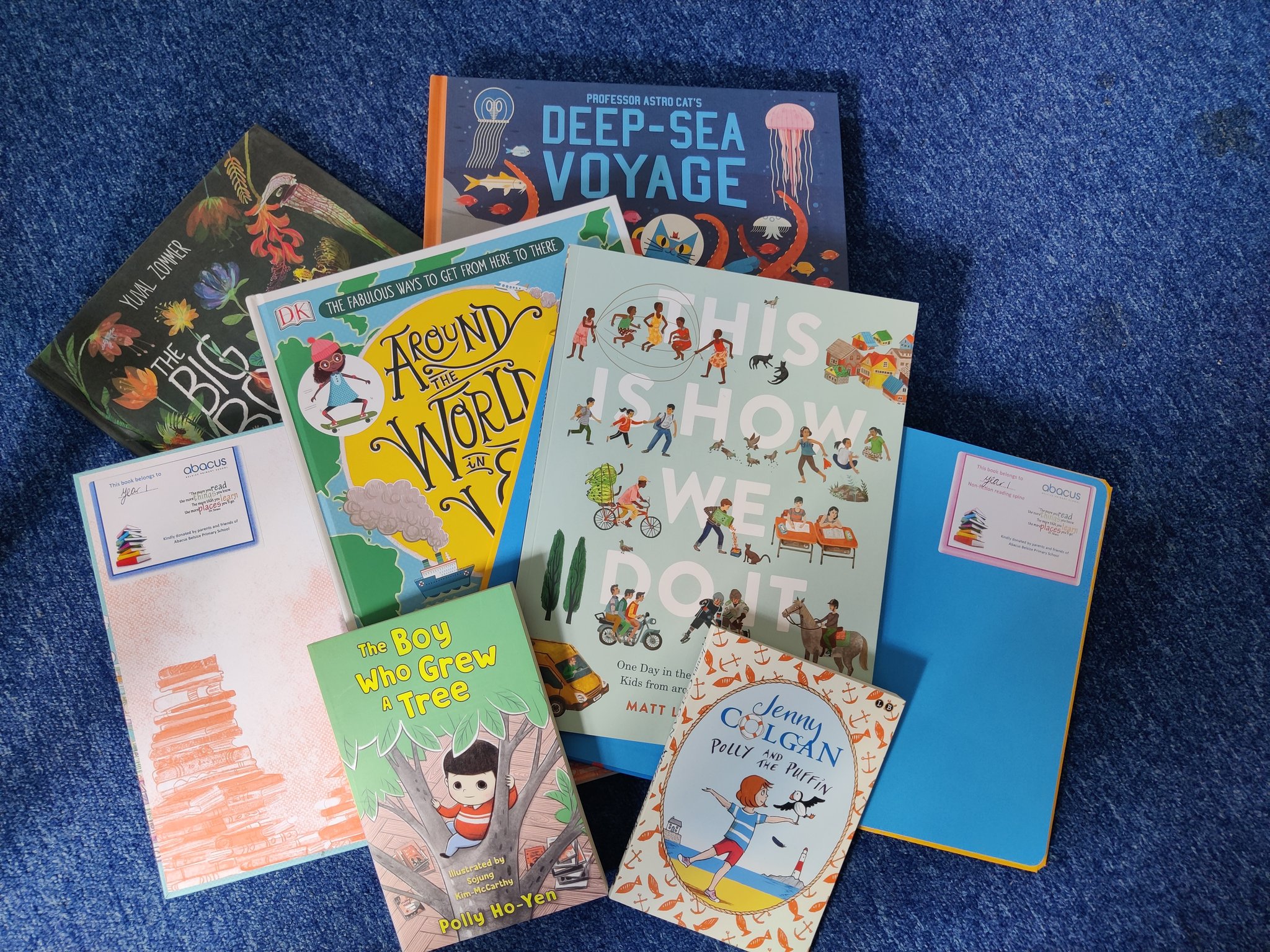
Children in year 2 develop their fluency in guided reading by moving to whole-class reading sessions. These will start with the Little Wandle reading scheme before moving to more challenging texts and short novels by the end of the year. Guided Reading sessions run for 30 minutes daily. During these sessions children are taught how to read and answer questions as well as different reading and comprehension strategies. We have a bespoke bridge to whole class reading in year 2 starting with phonics, moving through fluency lessons before starting whole class reading texts.
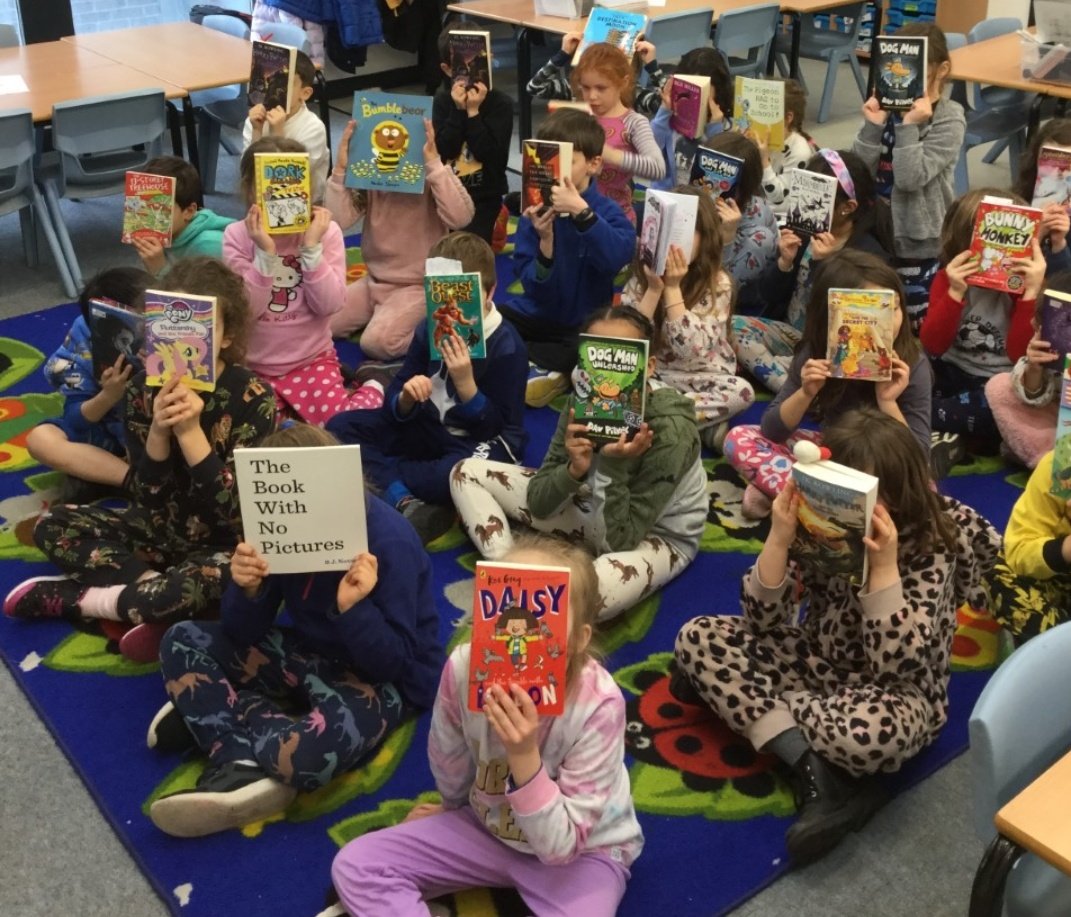
Each afternoon, children are read a book of interest in our afternoon reading sessions. These are chosen from class reading spines and include fiction, non-fiction, poetry and classic texts.
Each class has a list of guided reading texts and reading spine texts closely aligned with those on the talk for writing reading spine lists. This ensures all children are exposed to challenging and high-quality texts regardless of their reading capabilities.
/81694DCE0052E3EE55D1505AE1055571.png)
Impact
Assessment
Please see the phonics tab for more information about phonics assessment and early reading - the building blocks to fluent reading. Teachers use formative assessment strategies within reading lessons to assess and support learners. Children at Abacus have 4 dedicated whole class reading sessions per week. Children have opportunities to read daily, either supported by their partner or class teacher. Readers are encouraged to use books as evidence for their understanding of texts and explore books through discussion sessions, comprehension questions, activities linked to the learning or linked non-fiction extracts to support understanding. Children work in guided reading books. Children receive feedback through live marking and teacher feedback, peer and self-marking and discussion.
Children in years 2 and 6 complete statutory SATS reading tests in May. In addition to this, we support teacher judgement with termly reading 'quizzes' from year 1 upwards used to get children used to the style of reading tests in a fun and supportive way.
THRIVE-ing in Reading
"I love reading my new school books at home on the weekend." - Reception pupil.
"Everything is fun when you can read! My favourite story is “The Naughty Bus”. - Year 1 pupil.
"Choral reading really helps us to learn and remember more." - Year 3 pupil.
"I like English because we read such a wide range of books." - Year 6 pupil.
"Our teachers ask us questions when we’re reading to check our understanding." - Year 5 pupil.
"Our reading and writing texts link to our topics. In Year 4 we read “The Journey to River Sea” when we’re learning about the Rainforest in Geography." - Year 6 pupil.
Question Types
At Abacus we have adopted 12 question types to assist children in analysing and answering questions. Children are taught these over the course of the year and discuss how best to answer each question type. This reduces children's cognitive load, enabling them to focus on what the question is asking them as they will already be familiar with the style and how to answer different types of questions.
Please find a copy of the question types in the attachments bar below.
Home Reading
At Abacus the expectation is that children are reading at home for at least 20 minutes each day. This may be reading school books, books they have at home, reading to an adult, reading to a sibling, reading independently, retelling stories, reading in the real world (i.e. shop signs, letters…) or listening to stories read to them. Please take time to read and discuss different texts every day and encourage your child to talk about what they have read and ask and answer questions.
The yellow reading record is a place to share both school and home reading and how your child is enjoying what they are reading. In the Early Years, it would be great for you to record how your child is getting along but as they get older the children can let us know what they are reading and how they are finding it.
/8AAF7A29019D897DE6AD88C22F836F19.jpg)
Helping Your Child at Home
Here at Abacus Belsize we want to do everything we can to help your child read and write. We want them to read and write really well! We want children that are so confident that when they see pages of writing that they haven’t seen before they tackle them with ease and enthusiasm. We want our children to develop a love of reading so that they cheer when they hear it is reading time (and they do!) and struggle to put a book down!
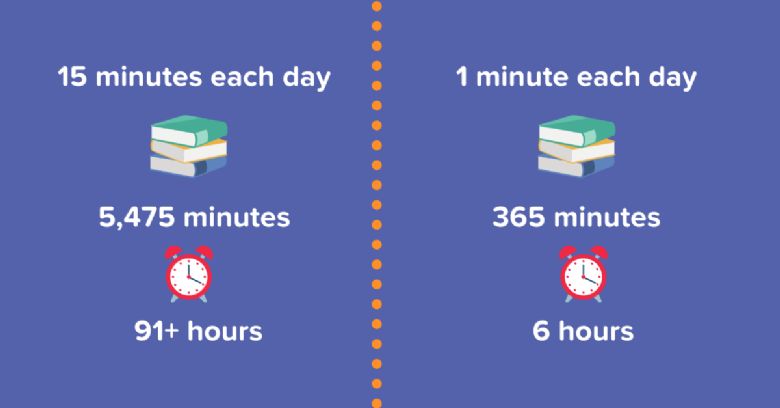
Supporting an Emerging Reader
- Let the reading time be short (about 5-10 minutes), enjoyable, and stress free for both you and your child.
- When your child first brings home a reading book, do not expect them to know all the words. Model the reading by reading it to them at first or taking it in turns. Many first books have a repeated phrase which you can help them to anticipate by reading up to the word that varies, for example ‘I like to paint’, ‘I like to ……swim’.
- Much of the early reading your child does is memorising. It is more important that they read the whole book remembering the sequence of the story than that they should recognise each word and what it says. With repeated readings the memorised words will start to become familiar as text.
- In the very early stages, it is fine to simply tell your child an unknown word and explain what it means. As they progress you may encourage them to use the picture or the first letter of a word to help them
- Do not let your child struggle with trying to sound out words that are not phonetically decodable, for example ‘tricky words’ such as ‘come’ and ‘who’ which cannot be sounded out as c-o-m-e and w-h-o should be pointed out as tricky words and read by sight.
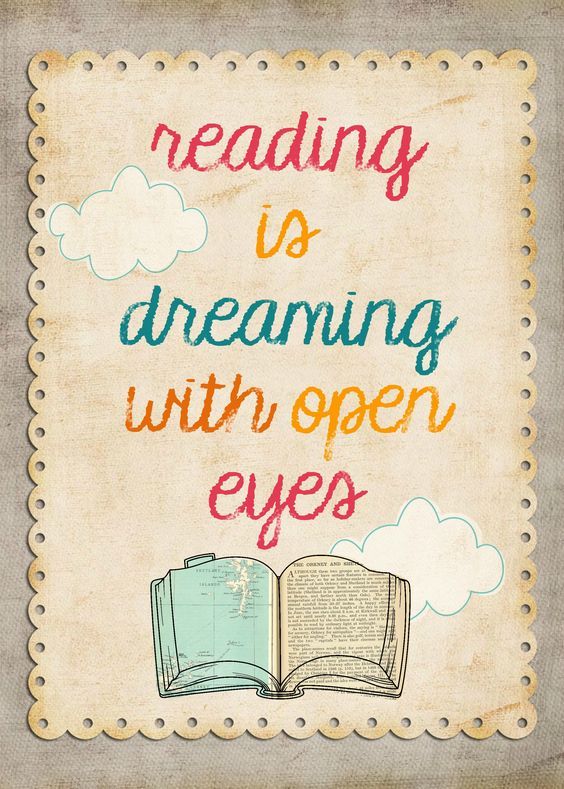
Supporting a Developing Reader
- Point to each word as it is read and encourage your child to use the sounds that they know, or tricky words, to piece together words and sentences.
- Discuss the text. Suggest how the story might end, alternative endings, how it could be improved, cover a word and think of another that would make sense. Discuss characters; what are they like or how they are feeling. Make links to other books, for example by the same author or on the same subject, and to their own experiences. And finally, express opinions about the book and who they would recommend it to.
- Pay attention to the punctuation, speech bubbles and so on, using different voices for different characters and reading for meaning
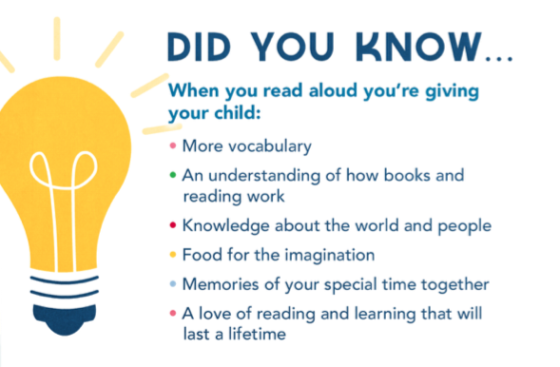
Supporting a Confident Reader
- Encourage your child to use the sounds that they know, or tricky words, to piece together words and sentences. Children at this stage will become increasingly confident and will be able to read more words by sight, relying on their phonic knowledge to blend more complex or unfamiliar words.
- When you are sharing a book or your child is reading to you, use questions to help open up a discussion about the book. Being able to think and talk about what they are reading develops a fuller understanding of the text, and helps children to explore their imagination, feelings and responses.
- Discussion of the text could include; suggestions how the story might end, alternative endings, how it could be improved, cover a word and think of another that would make sense. Discussing characters; what are they like or how are they feeling. Make links to other books, for example by the same author or on the same subject, and to their own experiences. Express opinions about the book and who they would recommend it to. Discuss who the book is written for and why.
- Using inference questions where the answer needs to be inferred from the text, in other words, reading between the lines is a good way to check deeper understanding of the text.
- Good readers often skip over difficult words because they can still get a sense of what they are reading. Reading aloud encourages them to tackle more difficult vocabulary and extend their word power. Reading on may help your child figure out an unknown word, as long as they return to it rather than skip it completely.
- It is important that your child has access to an inspiring and varied range of books, and does not only read the books they take home from school. Please comment on the books your child is reading outside of school as this will help us to develop an understanding of your child as a reader.
- By this point children won’t always be pointing to the words and this is an important step as they begin to move towards fluency and tracking by sight. Fluent readers will not need to point to the words as this will slow them down and may hinder their understanding.
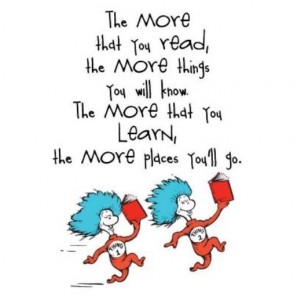
Supporting a Fluent Reader
- At this stage, your child will probably be reading longer books that will span weeks, rather than being changed weekly. It is still important to develop fluency and confidence at this stage, so re-reading paragraphs or whole chapters can continue to develop this.
- Even when your child has achieved a good level of fluency, they still benefit from being listened to by you. It helps you to see whether they fully understand what they are reading, taking note of the punctuation and pronouncing words correctly.
- Discussion of the text could include; suggestions how the story might end, alternative endings, how it could be improved, cover a word and think of another that would make sense. Discussing characters; what are they like or how are they feeling. Make links to other books, for example by the same author or on the same subject, and to their own experiences. Express opinions about the book and who they would recommend it to. Discuss who the book is written for and why.
- Using inference questions where the answer needs to be inferred from the text, in other words, reading between the lines is a good way to check deeper understanding of the text.
- Writing answers to written questions will further develop their comprehension skills and writing a summary at the end of a chapter/book will show their understanding.
- Getting your child to think of their own questions about the book shows a great understanding of what they have read.
- Good readers often skip over difficult words because they can still get a sense of what they are reading. Reading aloud encourages them to tackle more difficult vocabulary and extend their word power. Reading on may help your child figure out an unknown word, as long as they return to it rather than skip it completely.
- Take the time to discuss what they think about their reading and develop their opinions.
- At this stage, children should be encouraged to develop their ‘reading voice’- changing voices, pitch, speed and tone to make the story enjoyable for a listener. Ways of making this exciting could include; reading to siblings or toys, reading to a mirror or videoing a reading and playing it back later.
- It is important that your child has access to an inspiring and varied range of books, and does not only read the books they take home from school. Please also comment on books they are enjoying at home, outside of the reading scheme. They can enjoy more complex texts by listening to story CD’s, which you can get from the local library.
- Children at this stage should not always be reading by themselves but be given feedback and the opportunity to discuss their reading. At this stage, children will often ski words, mispronounce or misunderstand. Reading frequently with an adult is still important for a fluent reader.
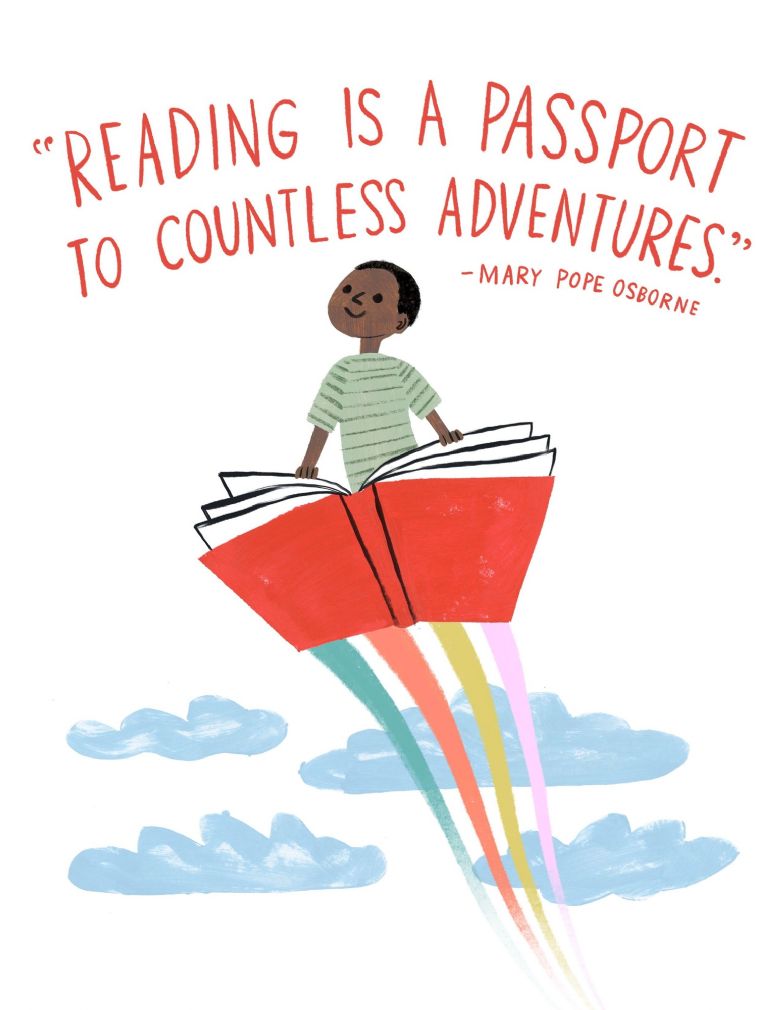
Reading is an important part of our school curriculum and an essential life skill. If you have anything you can add to our reading or any questions, please don’t hesitate to contact the school.
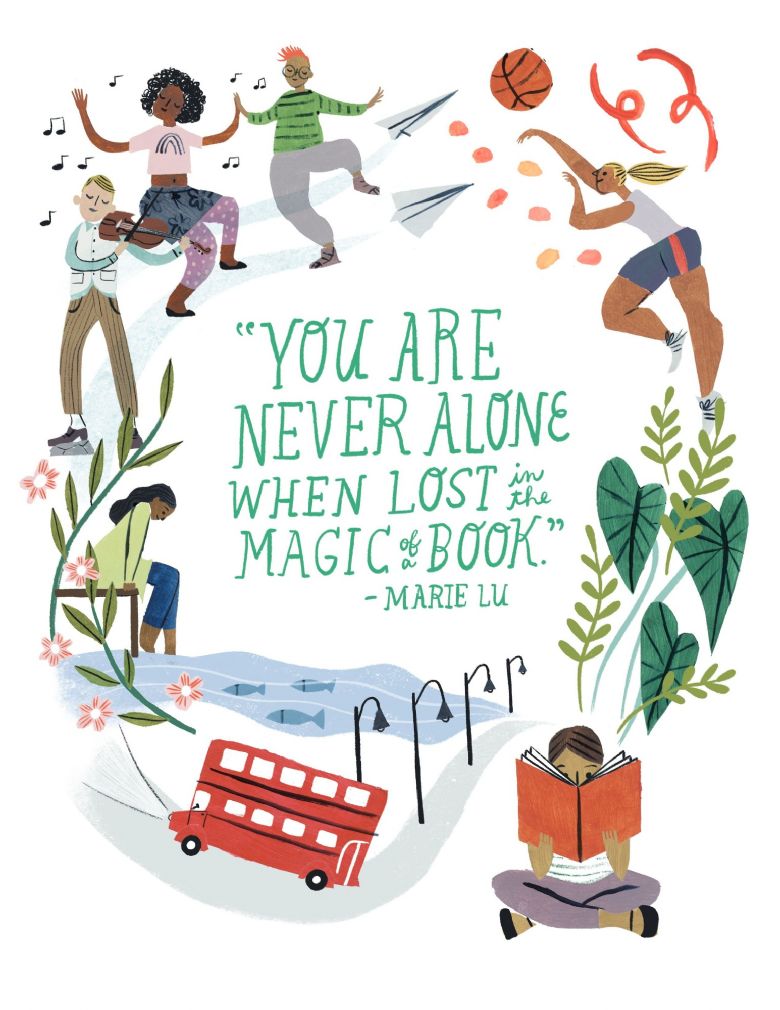
As always, thank you for your continued support and HAPPY READING!

